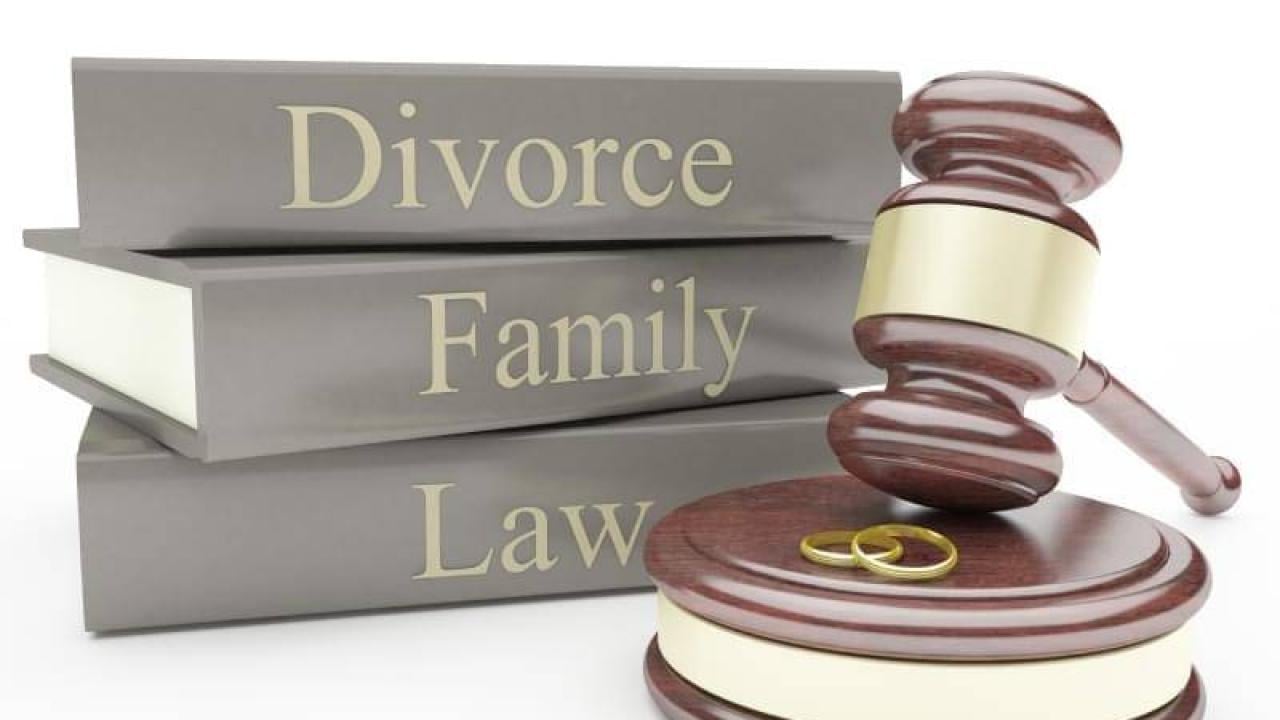Domestic Violence Resources
If someone you know is in an abusive relationship — or if that someone is you — there are places you can turn for help. The following is a list of...
Fighting for custody of a child when there is alleged abuse can be very difficult. Civil and family attorney Areva Martin and the National Network to End Domestic Violence recommend the following tips for improving your chances of gaining custody after leaving an abusive relationship:
Build Your Case First If possible, defer going to family law court until you have substantial documentations.
Document Everything Before You Leave Gather police reports, medical records from providers who have treated you, photos of property damage and injuries, sworn statements from third party witnesses to the violence, reports from social workers, case workers, school officials or others who you have reported violence to, copious notes, logs and journals with specific dates and details of the abuse.
Create a Record Report the abuse to law enforcement agencies, social service agencies, a minister or other credible friends, colleagues or family members who can serve as a witness. You can report physical and sexual assaults as well as terrorist threats — threats to kill you. These are criminal. Any reports from caregivers, teachers, doctors, experts, etc., on the impact of abuse toward you or your child — i.e., if the child witnessed abuse and reported it to others, etc.
Find a Family Law Attorney You want an attorney who is in your area and has experience with domestic violence cases.
Talk to Trained Professionals If you can't afford an attorney, consult with domestic violence shelters, The National Domestic Violence Hotline, and/or non-profit organizations for tips.
Seek a Restraining Order Be sure to ask for custody of the children. Have copies of the order, court proceedings, and minute order from the judge. If possible, it's better to seek from a criminal court.
Practice a Social Networking Blackout Don't post comments that you are leaving, or defaming comments about your partner. You don't want your partner to know your plans, and he or she could use the comments later in court. Keep your kids off social networking sites too! If social networking silence is a red flag, post benign stuff.
Limit Who You Talk To Only tell one or two trusted people. You do not want anything getting back to your partner.
Cover Your Tracks Try to avoid going on the computer at home to research. If so, erase your browsing history. Your partner could have spyware. Also, don't make calls from your phone — use a friend's phone. For more tips on how to safely exit an abusive relationship, check out:
For more of Areva's tips on gaining custody, check out:
If you or someone you love is being abused, please call The National Domestic Violence Hotline at (800) 799-SAFE (7233). For information on your county's policy issues, crisis centers and shelters, go to National Network to End Domestic Violence and click on "Resources" to find your state: NNEDV.org.

If someone you know is in an abusive relationship — or if that someone is you — there are places you can turn for help. The following is a list of...

Finding a way to get along with your husband's mother is crucial for the long-term success of your marriage. "People think 'Once we get married,...

Experienced civil and family attorney Areva Martin offers her tips for how to protect yourself if you're getting a divorce. Know your rights when it...